Minimally Invasive Video-assisted Cardiac Surgery (MICS) has a long history, the technique has been performed since the mid-1990s, and was developed to avoid a full sternotomy to reduce trauma and pain in the immediate postoperative period. Compared to the conventional surgical approach, standardized minimally invasive cardiac surgery techniques have shown increasing evidence of similar or better outcomes (MORAZ et al., 2015).
The literature has reported that the advantages of the MICS technique are: less pain; early mobilization; less blood loss; shorter mechanical ventilation time; shorter ICU and hospital stay; lower risk of infection; early recovery and return to daily activities; cosmetically better; less trauma in reoperations; better visualization. The disadvantages pointed out were: stricter criteria for patient selection; need for training/expertise; risk of vascular complications; and risk of phrenic nerve injury (EL-BOGHDADLY, CHIN, CHAN, 2017).
In this sense, the training of surgeons has been tutored for little time, still without a standardization of resources and minimum workload for the processes of training and qualification of the performance of professionals in the area. There are cases in which the results are questionable in terms of complications and morbidities, and the studies weaken the rise of the learning curve (STEFANIDIS, 2010).
The practice of cardiovascular surgery involves situations inherent to the specialty, with training in cardiac arrest induction and myocardial preservation, dominion of assisted circulation and cardiocirculatory support, central vascular access for the positioning of perfusion cannulas, perfusion control of important organs (brain, kidneys, viscera), encompassing concepts and specific training in circulatory and respiratory physiology, endovascular techniques, vascular surgery, besides the obvious previous training in the correction of heart diseases in general. We must also develop the knowledge and skills to use optics and video surgery techniques that were not previously part of the conventional cardiovascular surgeon's training.
It is necessary to make available and improve training in Minimally Invasive Cardiovascular Surgery so that more surgeons in Brazil have access to the platforms and are more qualified to incorporate these new technologies.
Although it does not benefit most patients, its use, in the most complex cases, should bring significant benefits. One must consider that the Minimally Invasive Cardiovascular Surgery will still have great development and its benefits should continue to grow as professionals, institutions and patients have access to technology, to develop more studies of the techniques and analysis of the positive and negative impacts.
In this sense, it will be possible to implement the communication and information system that promotes self-development and expands the social commitment of health workers; to encourage and value teamwork and participation in continuing education processes; to promote Ambience, understood as the physical, social, professional, and interpersonal relations environment that must be related to a health project focused on welcoming, problem-solving, and humane care.
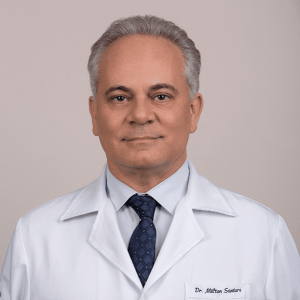


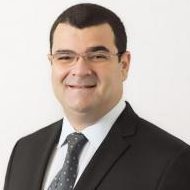





Brazil



Brazil
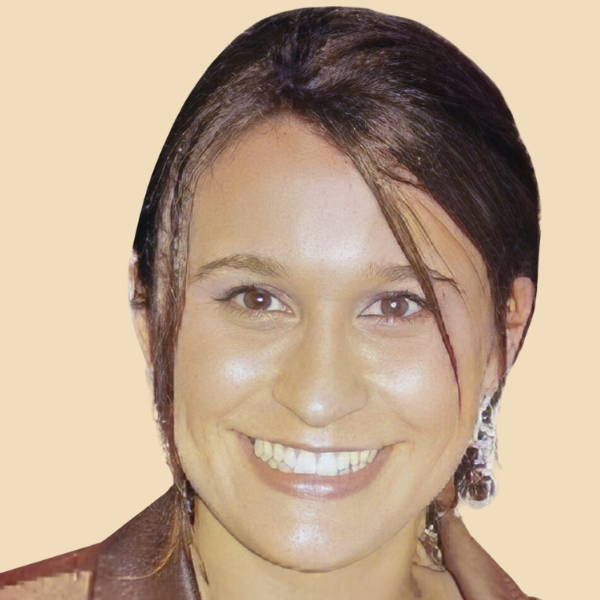


Brazil



Brazil
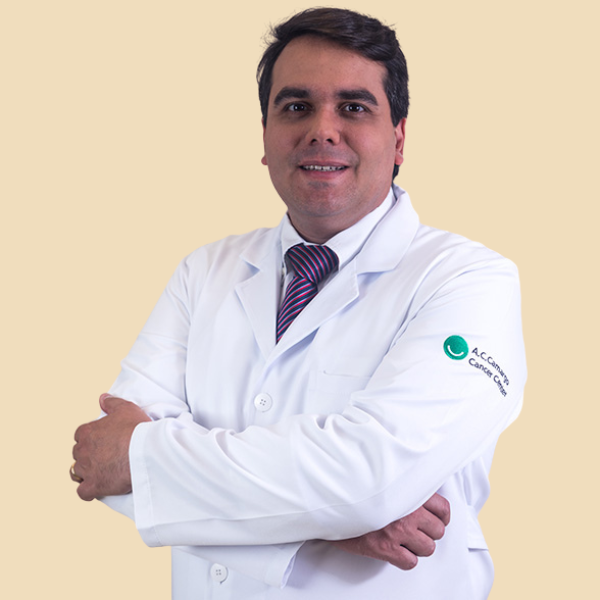


Brazil



Brazil
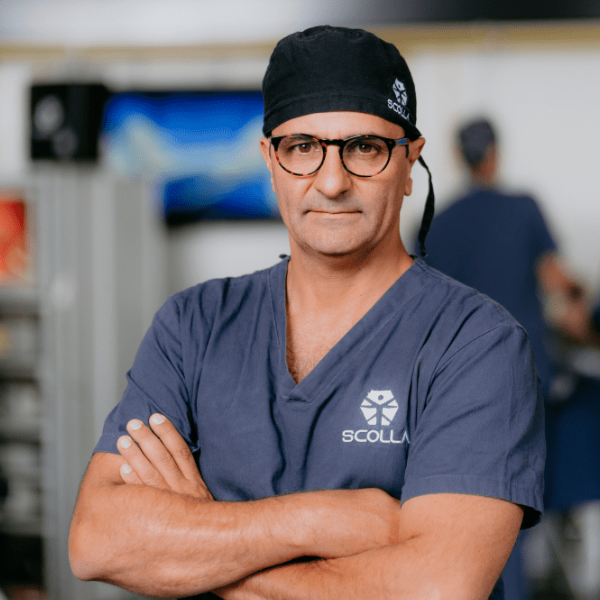


Brazil



Brazil
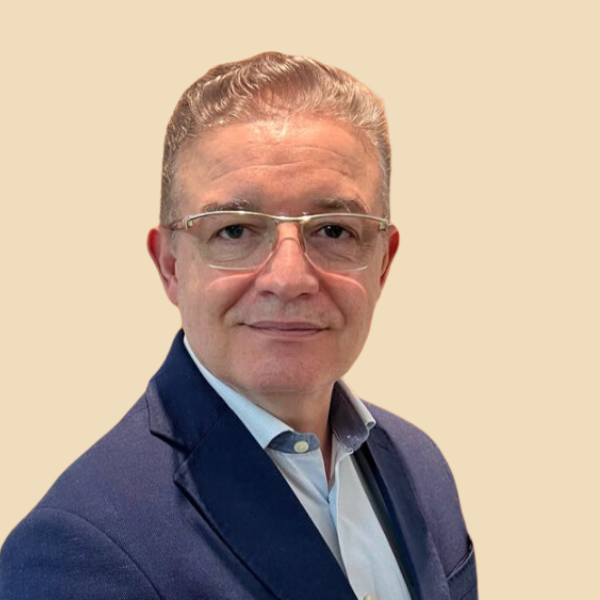


Brazil



Brazil
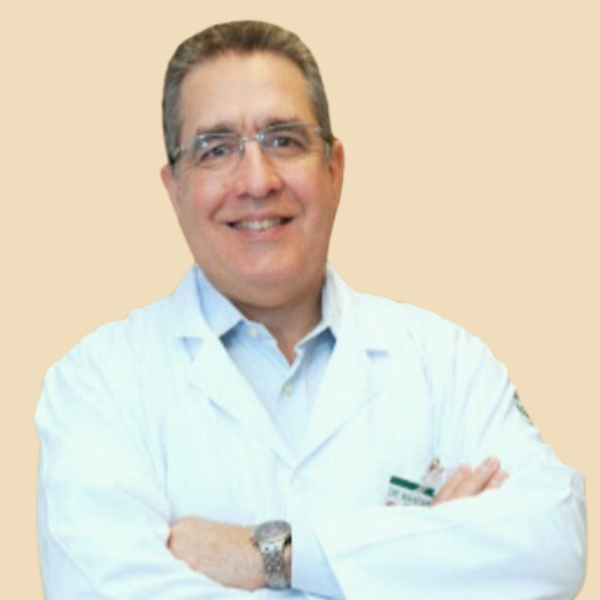


Brazil



Brazil
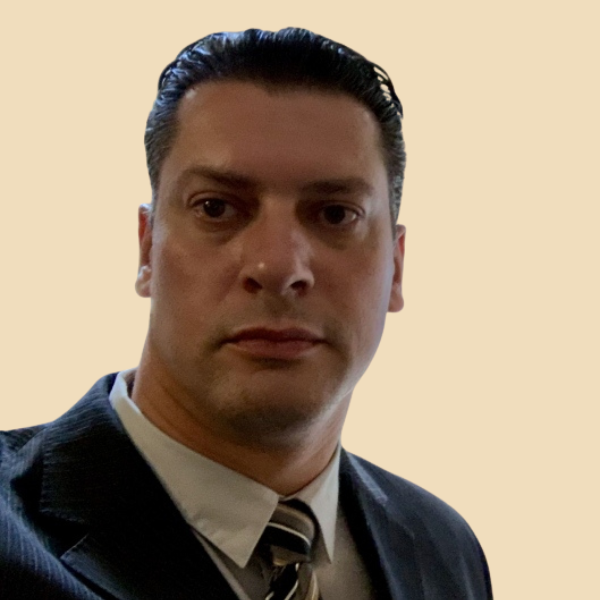


Brazil



Brazil
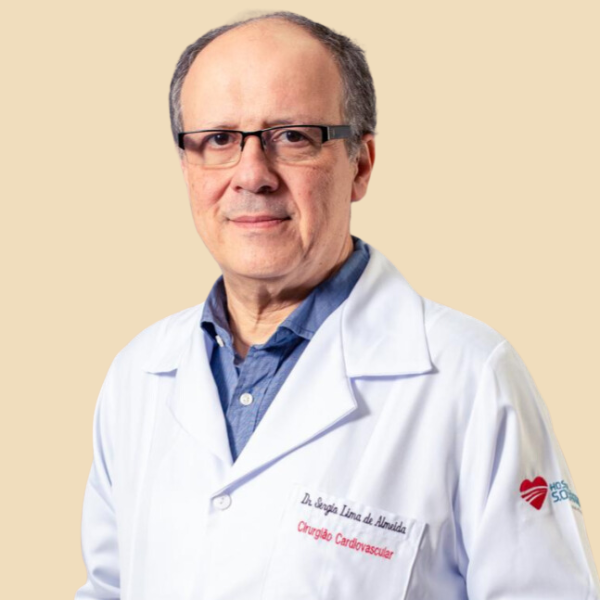


Brazil



Brazil
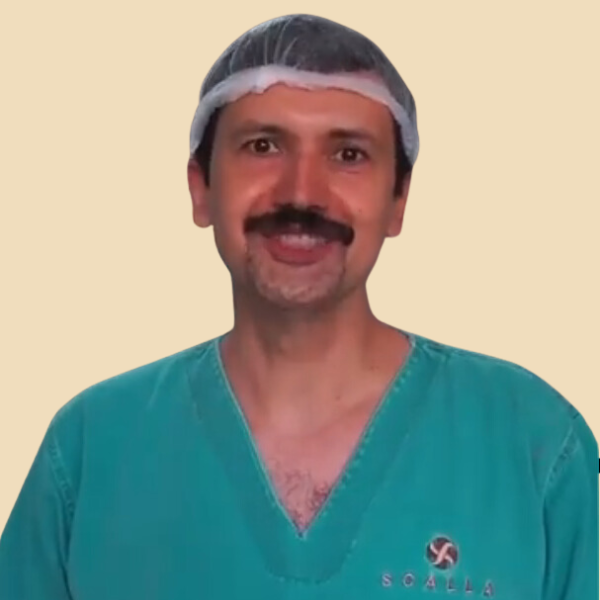


Brazil



Brazil
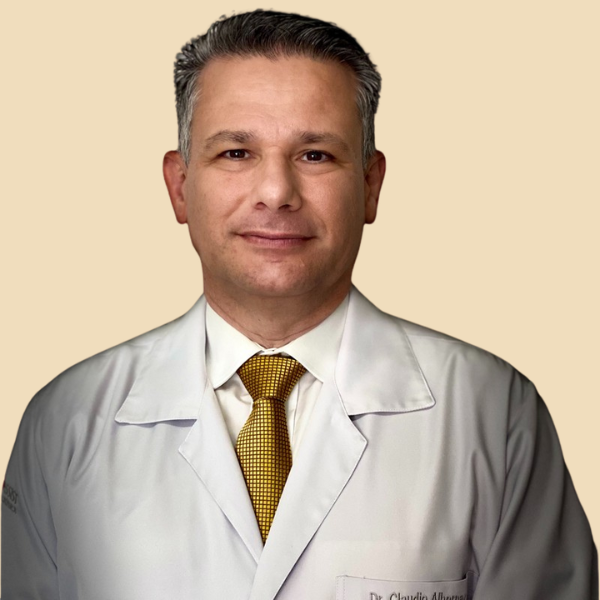


Brazil



Brazil
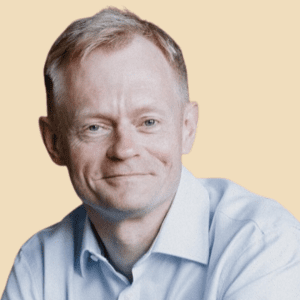


Ukraine



Ukraine
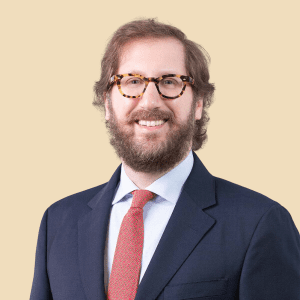


United States



United States
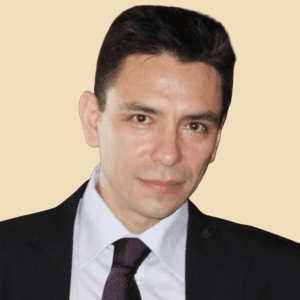


Bolivia



Bolivia
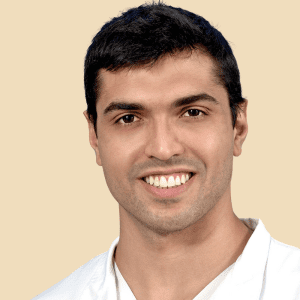


Germany



Germany
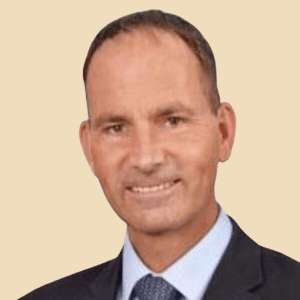


Germany



Germany
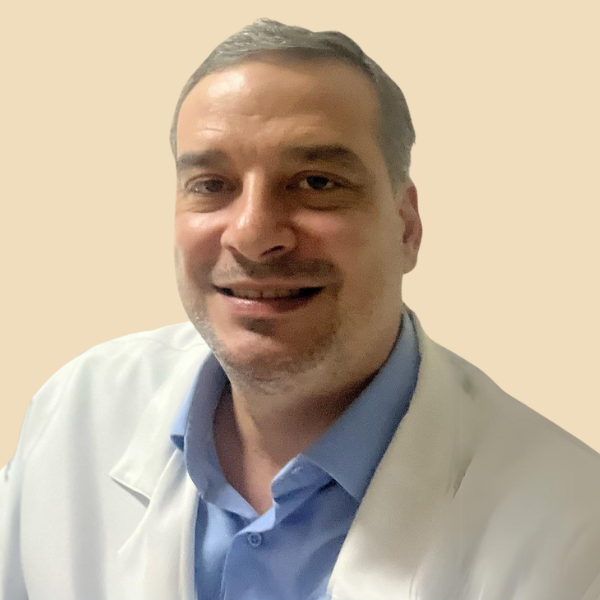


Brazil



Brazil
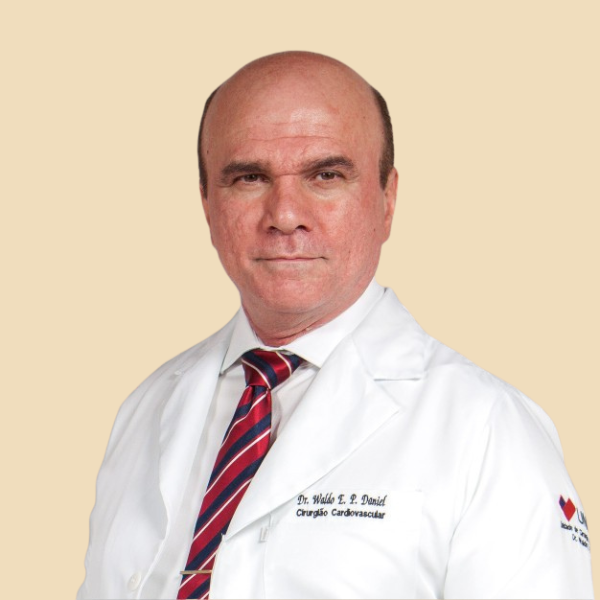


Brazil



Brazil
The training is theoretical and practical for knowledge of the operation and components of the technological platform to be used in surgery.
All face-to-face training will involve the use of:
- Simulation center and in the operating room, focusing on normal operation and problem solving.
- Complementary pre-clinical training that will involve the development of motor skills based on simulation of the surgical techniques that are the focus of the training.
- Surgical techniques will also be combined with the observation of surgical cases, giving the student experience as an assistant in procedures, as well as carrying out procedures in training and under supervision.
- All these steps will be overseen by a preceptor surgeon with extensive practical experience and consolidated knowledge in the technical area being trained.
The classes will take place as follows:
- Theoretical classes given by leading professionals in the field, and presentation of live surgeries with discussion of clinical cases.
- Practical training on living and inanimate models.
MODULE | DISCIPLINE | MEETING | DATE |
01 | Congenital Heart Disease Surgery | Theoretical-practical classes | February 9th to 11th |
Minimally Invasive Surgery Practice | |||
Hands-on training | |||
02 | Mitral Valve Surgery | Theoretical-practical classes | April 19th to 21st |
Minimally Invasive Surgery Practice | |||
Hands-on training | |||
03 | Aortic Valve Surgery | Theoretical-practical classes | June 21st to 23rd |
Hands On Training | |||
Hands-on training | |||
04 | MICS CABG | Theoretical-practical classes | August 23rd to 25th |
Minimally Invasive Surgery Practice | |||
Hands-on training | |||
05 | MIDCAB | Theoretical-practical classes | October 25th to 27th |
Minimally Invasive Surgery Practice | |||
Hands-on training | |||
06 | Robotic / Hybrid Surgery | Theoretical-practical classes | December 6th to 8th |
Minimally Invasive Surgery Practice | |||
Hands-on training |
Total workload of 360 hours
Theoretical-practical classes, live surgeries, hands-on practical classes, connection with international experts, working groups and discussion of papers.
From February 16th to 18th
Objectives:
To review knowledge of the anatomy of the right atrium and atrial septum by videothoracoscopic access and the indications for cardiac video surgery; Anatomy of the tricuspid valve and indications for treatment by cardiac video surgery; Access and planning of surgical procedures; Presentation of clinical cases and discussion of indications and contraindications; Most frequent complications and solutions for risk situations in right atrium surgery; Minimally invasive tricuspid valve repair techniques.
From April 19 to 21
Objectives:
To broaden the approach to surgical anatomy of the left atrium by videothoracoscopic mini-access and the indications for Mitral video cardiac surgery; Anatomy of the Mitral valve and indications for treatment by video cardiac surgery; Access and planning of surgical procedures of the left atrium; Presentation of clinical cases and discussion of indications and contraindications for Video-assisted Mitral surgery; Most frequent complications and solutions for risk situations in Mitral Valve surgery; Particular techniques for minimally invasive Mitral valve repair.
June 21-23
Objectives:
Reassess the surgical and radiological anatomy of the ascending aorta and aortic valve by video-assisted miniaccess and the indications for video-assisted aortic heart surgery; Anatomy of the aortic valve and indications for treatment by video-assisted heart surgery; Access and planning of surgical procedures for the aorta and aortic valve; Presentation of clinical cases and discussion of indications and contraindications for video-assisted aortic surgery; The most frequent complications and solutions for risk situations in aortic valve surgery; Particular techniques for minimally invasive aortic valve repair.
From August 23rd to 25th
Objectives:
In this module we will be offering a unique experience of living with the greatest international authorities in MICS, who will be on our premises giving courses in specific surgical techniques, which will be offered to the participants.
We will also have lunches with the experts, a unique opportunity to network with renowned international colleagues.
The Symposium, which the students will automatically be part of, will be the largest minimally invasive cardiac surgery event held in Brazil, covering all current topics in heart valve surgery, coronary surgery and atrial fibrillation surgery, whether using a video-assisted, endoscopic or robotic approach.
We will also have live surgeries and interactive discussions with all the participants.
We hope that surgical modalities, especially robotics, can show a future path to further improvements for everyone.
From October 25th to 27th
Objectives:
We aim to introduce the concepts and minimally invasive techniques used in the treatment of electrical heart disease, covering the possibilities of cardiac stimulation of the left ventricle and especially the approach to minimally invasive treatment of Atrial Fibrillation, presenting new devices for excluding the left atrial appendage and cryo ablation techniques.
We also discussed the association of these procedures with mitral and tricuspid valve diseases, as well as hybrid treatment in conjunction with the Arrhythmia team, surgeon, electrophysiologist and clinical cardiologist
From December 6 to 8
Objectives:
To train and expand strategies for the future of Minimally Invasive Cardiovascular Surgery assisted by robot; To present scientific papers - Capstone - optional; To participate in FELLOW - optional
- Registration before 30/11/23 = 5 points
- Payment of registration fee = 15 points
- Curriculum vitae (general achievements in your medical career) = 40 points
- Motivational letter (potential impact of the course on your career) = 40 points.
- Concept "B" in the general evaluation
- 75% class attendance
Medical residents with proven experience in Cardiovascular Surgery
Fully trained cardiovascular surgeons.
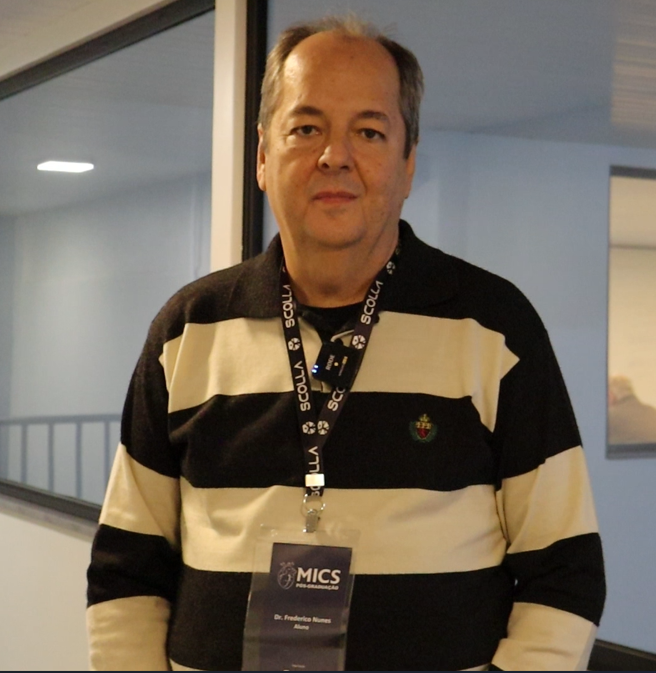

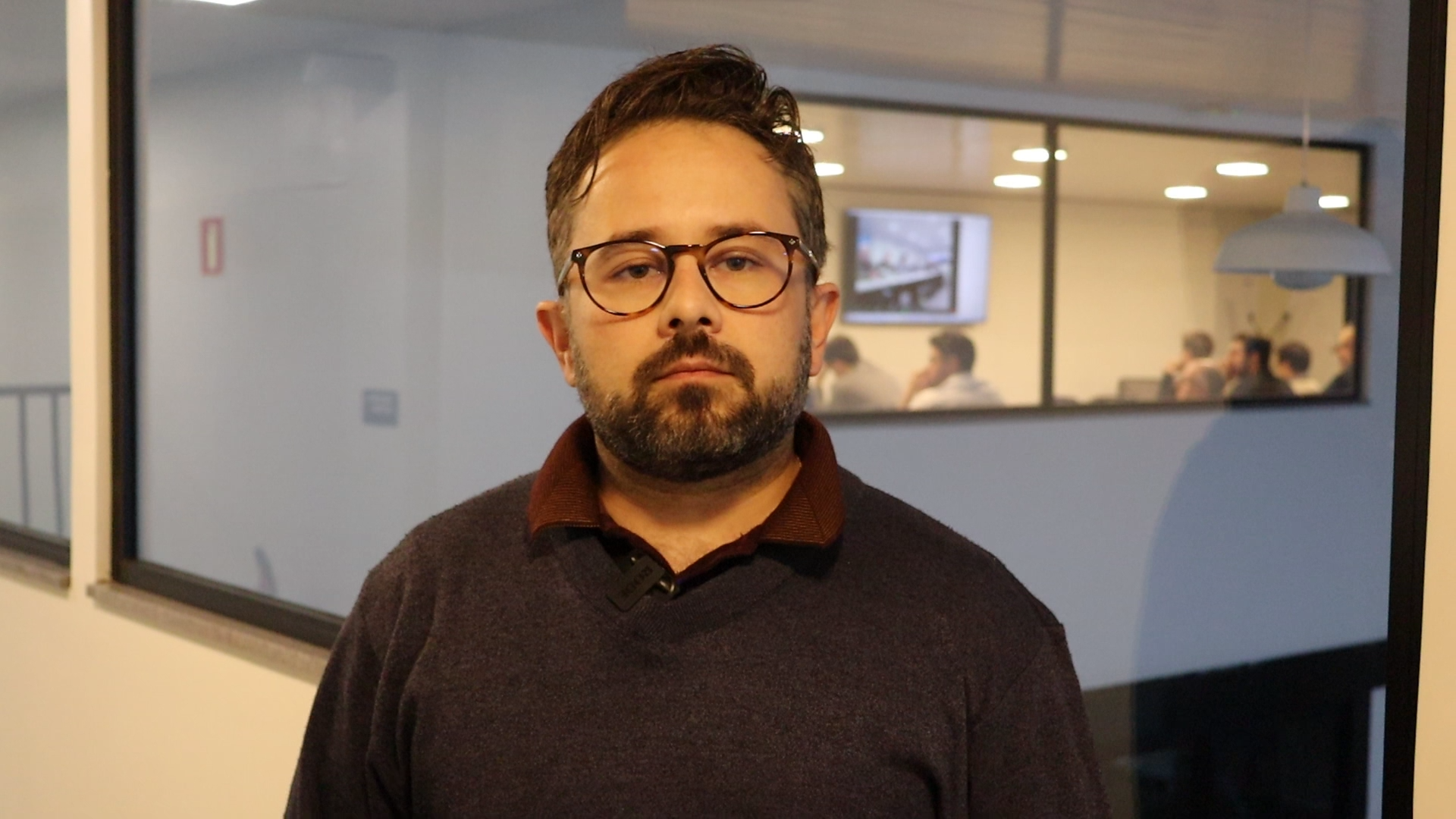



Investment:
R$ 4,900.00 (upon registration) +
13 installments of R$ 4.900,00 (after passing the selection process)
Total: R$68,600.00*.
To take part in the selection process:
Register and pay by clicking on the "I want to sign up now" button.
Then send your CV and motivational letter to the following e-mail address [email protected]
Approval can be received up to 15 days before the start of classes. Once you have been approved, as informed by the course secretary, your place will only be guaranteed once you have enrolled, which consists of confirming the payment plan and signing the contract.
If you are not approved, the registration fee will be refunded.
Receive our Newsletter
Scolla © - All Rights Reserved
Scolla © - All Rights Reserved